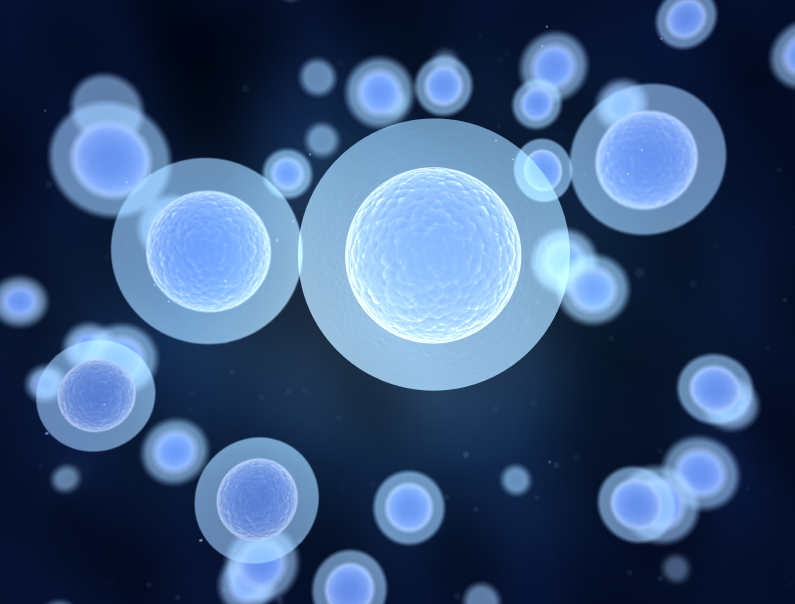In Japan, a team at the RIKEN Centre for Developmental Biology”has just clearly demonstrated the functional benefits achieved by transplanting retinal tissue derived from iPS cells [1] in mice in the final stage of retinal degeneration”.
Diseases such as ARMD (age-related macular degeneration) or retinitis pigmentosa do not respond to curative treatment. Only some treatments can limit disease progression following diagnosis at an early stage. The patients affected lose part of their visual function and this cannot be reversed.
In a recent study, the results of which were published in the Cell journal, Professor Takahashi’s team provided “new evidence which sheds light on how retinal tissues derived from iPS cells implanted in mice suffering from these various diseases, are capable of developing in mature photoreceptors and functioning perfectly at the same time”. The implanted cells established connections with adjacent cells and were thus able to respond to light stimuli and send signals to the brain.
The Japanese team is considering initiating human trials following a few additional studies. However, “as the human retina needs more time than that of its murine counterpart to equip itself with mature photoreceptors, a five to six month period will be required after transplantation before initial results can confirm how this technique functions in man”.
[1] induced pluripotent stem cell.
France Diplomatie, Thibaut Dutruel (13/01/2017)

